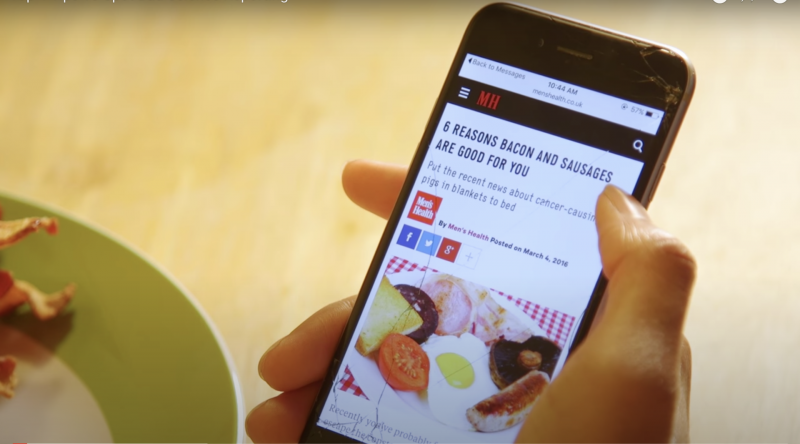Misinformation is circulating all the time, but during news events like a pandemic, it becomes even more difficult to separate fact from fiction. Some spreaders of false information are motivated by greed and maliciousness, and others unknowingly propagate viral rumors with a genuine intent to help others. In any case, these myths tap into our strong emotions and can continue to spread if we don’t interrogate them carefully.
To be science literate, our students must also be news literate.
We have been reading, watching and hearing a lot about COVID-19, but this is not the only science-related news that’s been surfacing lately. Climate change, pollution and healthcare more generally have been topics on main news pages for the past several years.
To be science literate, our students must also be news literate. We’ve collected a few ways to help your students evaluate online science content in the age of misinformation.
- In this new Above The Noise episode, Busting COVID-19 Myths and Misinformation: We Got You, host Myles video chats with a public health expert to dispel myths around the novel coronavirus and COVID-19. Your students can hear from other young people about what they’ve heard, and get some tips for spotting bad information. Then, students can participate in a discussion with their peers from around the country on KQED Learn.
- The World Health Organization has called our current situation an “infodemic.” NPR’s Life Kit episode on “fake news” during the pandemic is a great way to dive a little deeper yourself. The episode also comes with a great comic to help you and your students “sharpen your misinformation Spidey senses.” The illustration gets into the motivations to spread misinformation, the reasons this “infodemic” is particularly harmful and a few tips to combat the myths.
- Top 4 Tips To Spot Bad Science Reporting, this oldie-but-goodie Above The Noise episode, will get your students fact-checking like pros in no time. If you want your students to embark on an end-of-school year research project, this video is a great way to ground them in where and how to look for information.
It is more important than ever for everyone to approach science info they come across with the lens of a fact checker. We hope these resources help your students navigate our current news cycle and beyond.
Give your students an opportunity to practice these new research skills right away by signing up for KQED Learn and inviting them to participate in this discussion, Corona Myths: Busted.
